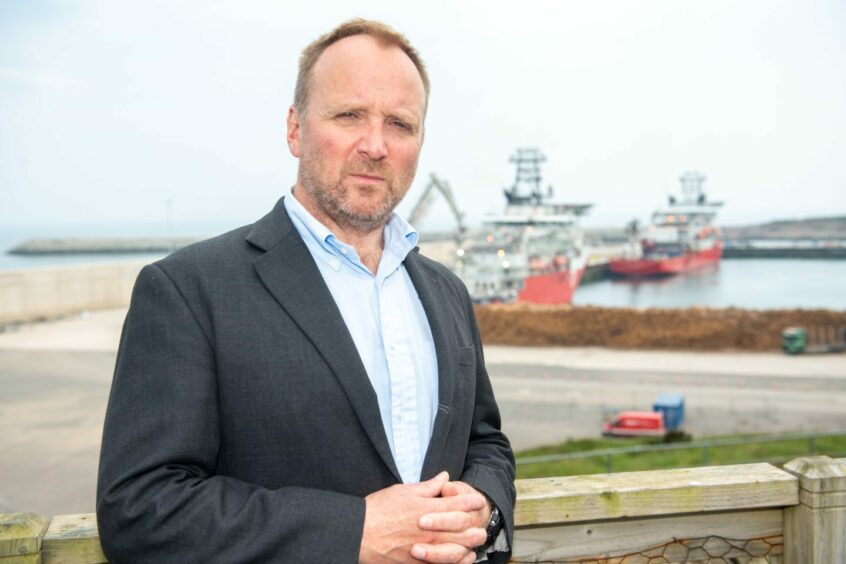
When GMB said the UK needs “plans not bans” for the future our energy sector we meant it, and our offshore sector must be front and centre.
In a time of increasing geo-political volatility and against the backdrop of climate crisis, a credible strategy for better energy independence and prosperity is critical for our national security as well as the fulfilment of our net zero obligations.
The solutions we need will not be found by further polarising the energy debate or in the constraints of business as usual. Radical change is needed, and this can be best achieved through better co-operation and participation between unions, employers, and policymakers.
If the much-touted just transition is going to be a success, then grown-up thinking needs to prevail across the board. Space must be created for effective workers’ voice, ideologies must be put to the side, and political leaders must see the oil and gas industry as part of the solution.
As the UK’s energy union, we instinctively understand the offshore sector is more than just the oil and gas we will still need. The interdependent nature of the sector’s investments, innovations, and skills also holds the key to developing more wind power, carbon capture, and hydrogen.
Recognising these realities instead of ignoring them can go some way to re-building confidence in UK PLC and help unlock the unprecedented levels of public and private finance the country desperately needs to accelerate the decarbonisation agenda.
In contrast, if policymakers put up the ‘closing down soon’ sign in the North Sea then they risk further capital flight and a domino effect on jobs and investment across the wider energy and manufacturing sectors.
Lessons must be learned
After years of broken promises on the transition, tens of thousands of wind manufacturing jobs offshored to the rest of the world, the livelihoods of oil and gas workers used as a political football, and steel workers locked-out of plans to save their industry, lessons must be learned.
GMB recognises the crises of our times, the geo-political paradigm shifts in approaches to confront them, and the necessity of taking greater domestic responsibility for the things we must have if we want better energy independence and more climate jobs over the next generation.
The alternative is an exacerbation of our increasing dependencies on imported energy supplies, the offshoring of more climate jobs to the rest of world, and a diminished status as an international partner in the fight for energy security and against climate change.
That is a real-world prospect that no one should leave unchallenged. Change is something that must be done with workers and their industries and not to them, and in 2024 the offshore sector must be at the heart of the plan to secure the UK’s energy future.
Recommended for you

